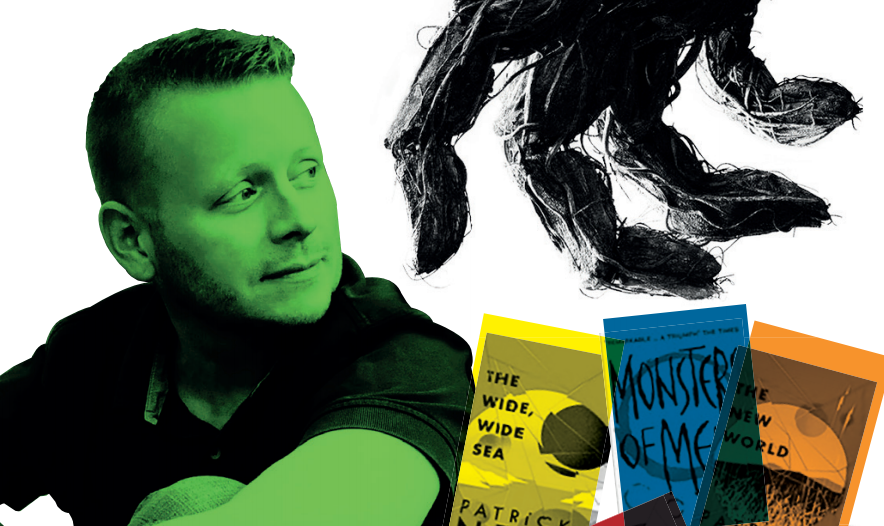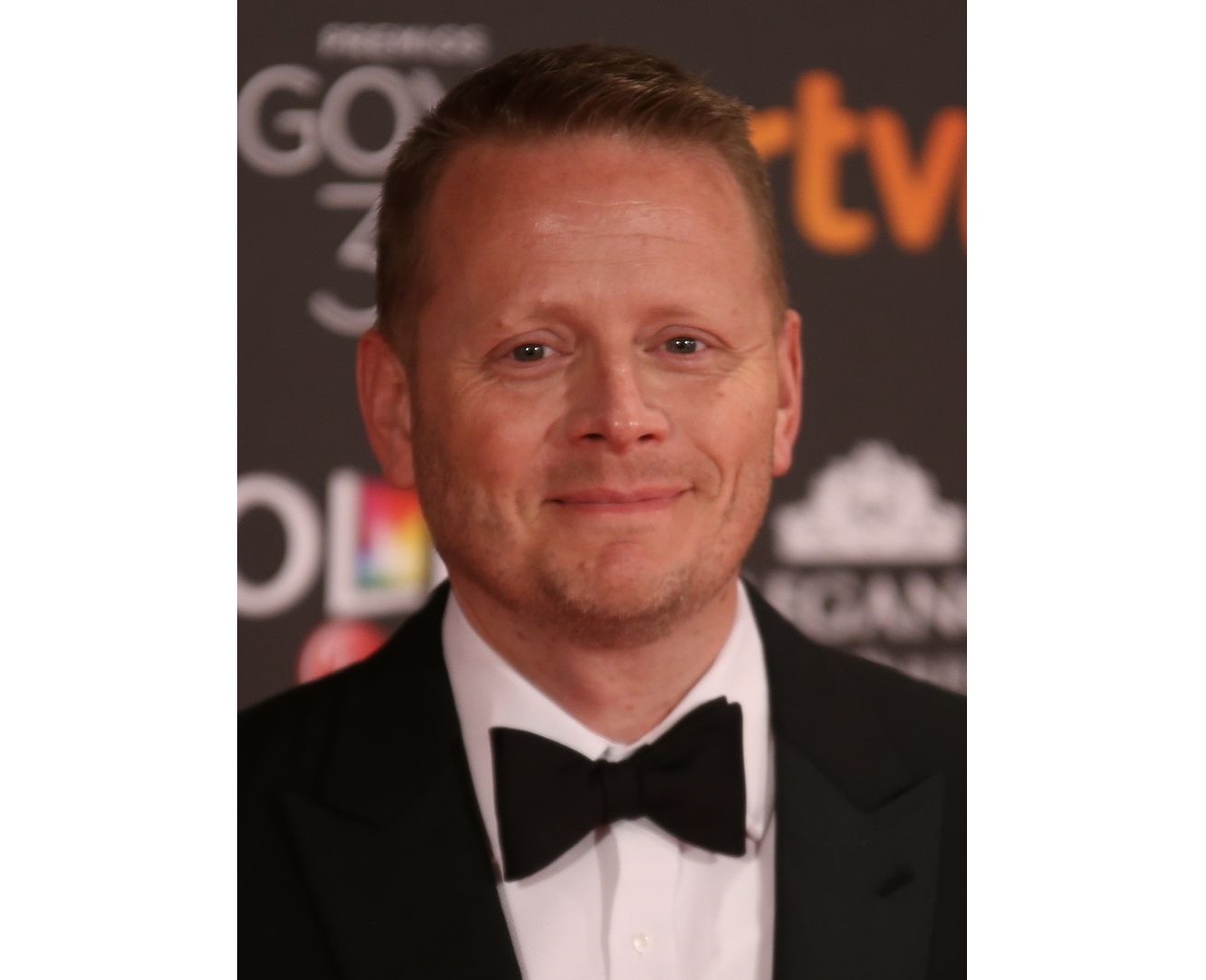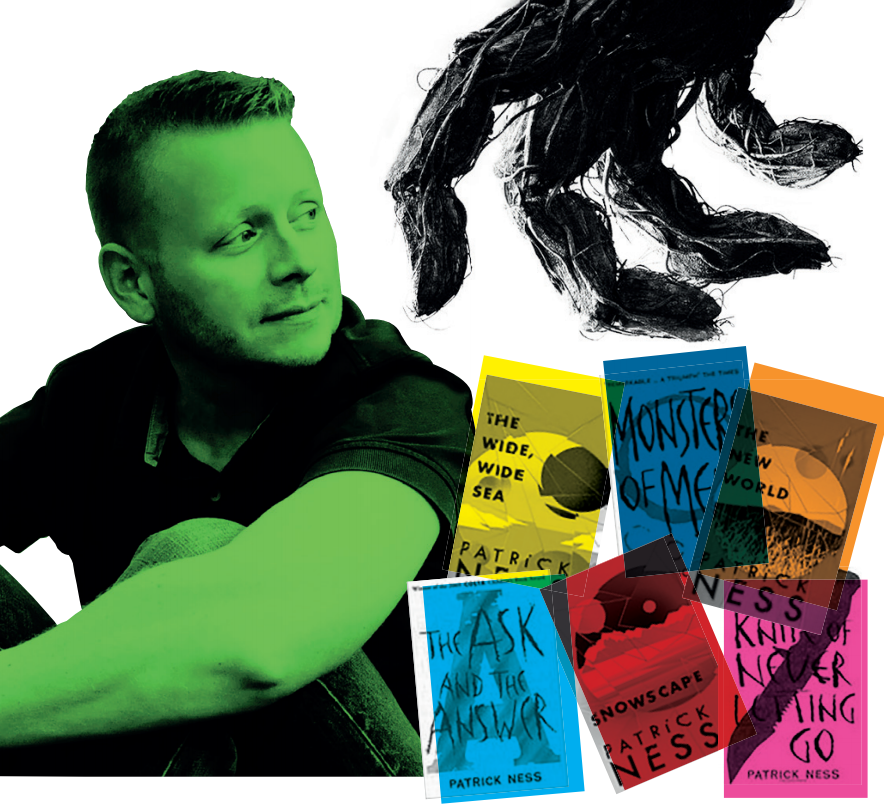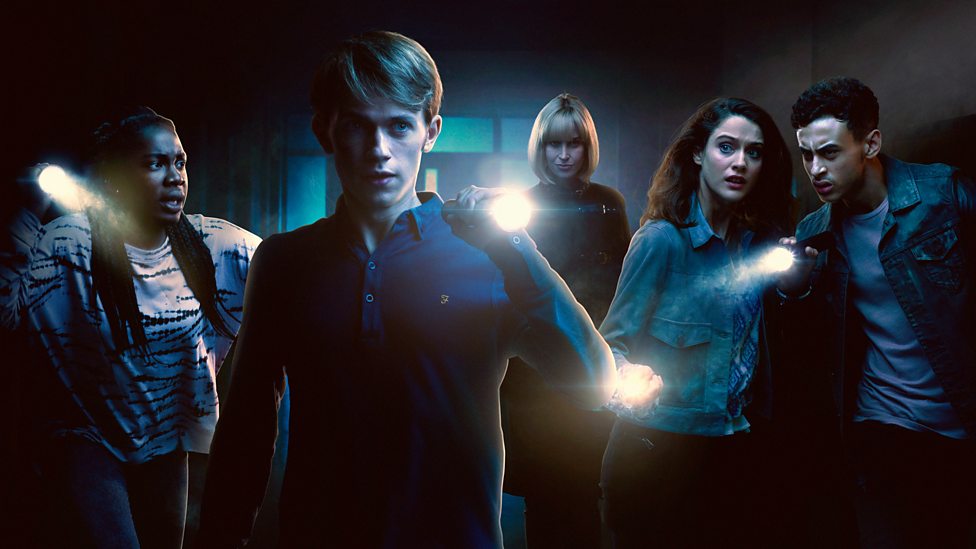How Patrick Ness became one of the most important gay authors of a generation
Juno Dawson offers a beginners guide to one of fiction's most successful LGBT voices.
By Will Stroude

WordS: Juno Dawson
This article was first published in Attitude issue 300, September 2018
Sally Cookson’s bold adaptation of A Monster Calls wowed theatre-goers at the Old Vic this summer.
Following the 2017 movie version, the dark fairytale about a monstrous yew tree that torments a grieving schoolboy may be author Patrick Ness’s most famous novel, but he is fast becoming one of the most accomplished gay writers in the world.
Ness’s young adult novel, Release, was arguably his most autobiographical (although, with the ghost of a dead meth addict haunting the plot, not actually an autobiography one hopes).
It details a single day in the life of Adam Thorn, an American teenager struggling to balance his strict Christian upbringing and his sexuality. The book features potentially the best boy-on-boy sex scene I’ve ever read, doing for gay teens what Judy Blume’s Forever did for straight ones in 1975.

Born on a US army base in Virginia, it’s not a stretch to imagine how a young Ness may have had experienced similar frustrations to Adam.
Ness is best known as one of the UK’s foremost YA talents (he’s won the prestigious Carnegie medal twice), but he has an enviable multimedia work ethic.
His first adult novel, The Crash of Hennington, was published in 2003, although he “broke through”, as it were, in 2008 with the first book in the Chaos Walking trilogy. Soon to be a huge film franchise from the studio that delivered The Hunger Games, it will star Tom Holland as Todd, a young man who discovers a grisly secret about the alien planet humans have colonised.
It was in The Knife of Never Letting Go that Ness refined his talent for ripping out readers’ hearts by playing with our expectations and assumptions about narrative. Ness is not here to protect or shield teen readers from ugly truths.

Not waiting for Hollywood to come knocking, Ness wrote the screenplay for A Monster Calls on spec and it found its way on to the Black List – the powerful Hollywood survey of the “most liked” screenplays. It went on to feature Liam Neeson and was directed by Jurassic World: Fallen Kingdom director JA Bayona.
On the back of that, the BBC approached Ness to be the showrunner on Doctor Who spin-off Class. The series, which featured a gay lead character, was bizarrely thrown away by BBC3 in a 10.45pm slot on a school night, when its target audience was soundly asleep. The full series is now available on Netflix after a year’s delay.

Full disclosure, I am friends with Ness and am impressed with how, as a gay author, he always lets his work do the talking while still being a vocal role model for young fans. I asked him if being gay gave him extra drive to succeed.
“Being gay made me realise that either the narrative I’d been given was wrong or I was,” he tells me.
“I thought it was me for a long time, too long, then realised, no, I get to create myself. I genuinely think that LGBT+ people are lucky that way; we have a moment where we have to say, ‘I am not this, I am this other instead’.
“What a gift of knowledge. What power. To realise you can shuck off the rules of other. And that’s the biggest gift to creativity there is.”
